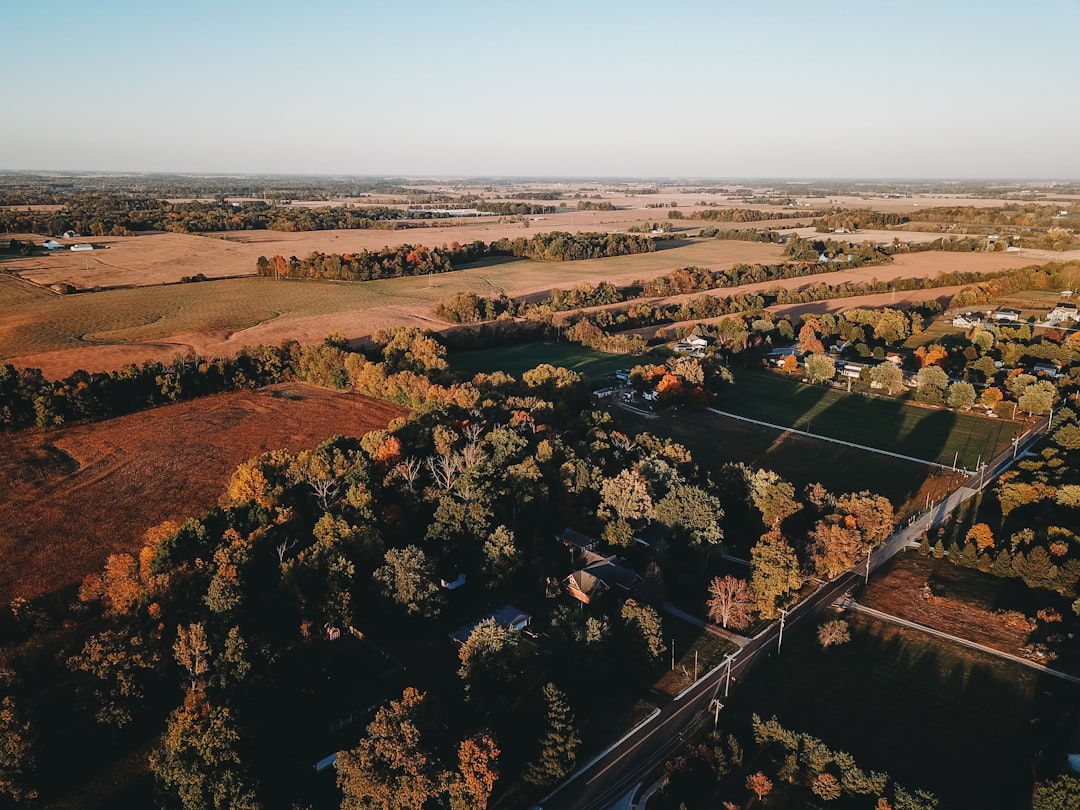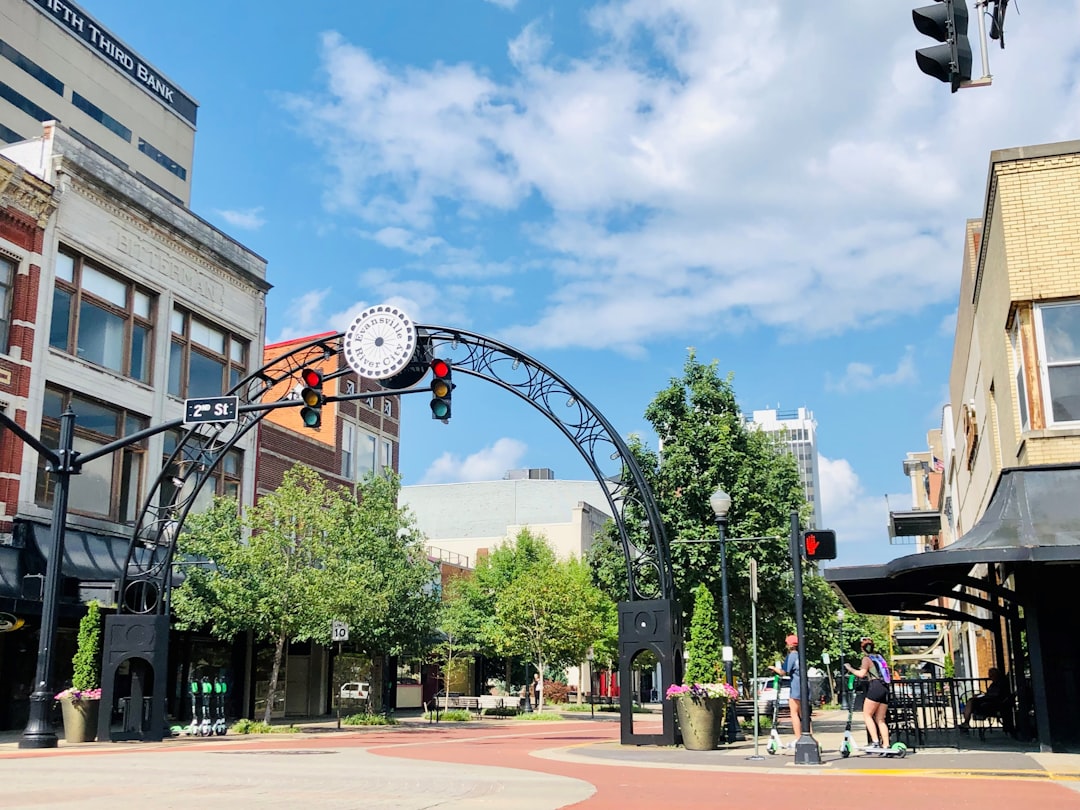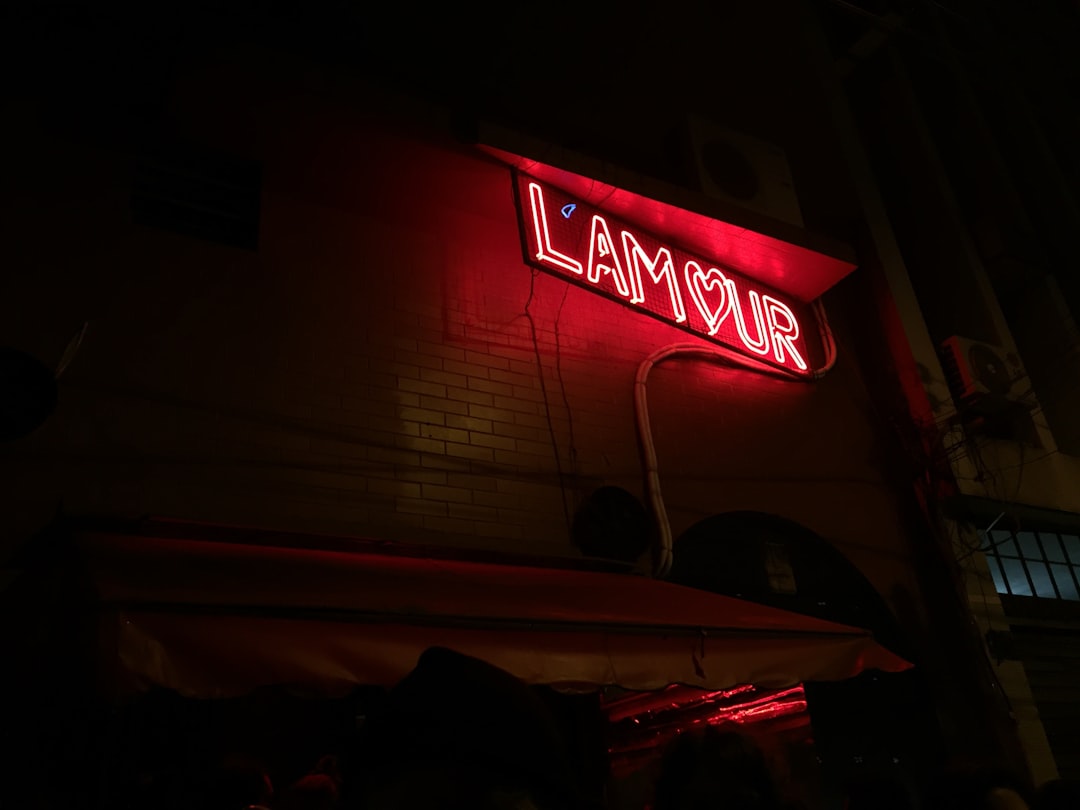Handling child abuse allegations in Bloomington schools requires a multifaceted approach led by Indiana's child abuse attorneys. Key steps include: strict adherence to legal protocols and state guidelines, immediate reporting to authorities, gathering comprehensive information, training administrators, and prompt interventions. Collaboration with community organizations, mental health professionals, and child abuse attorneys offers holistic support for victims while ensuring accountability and safety within educational institutions. Effective strategies involve confidential reporting mechanisms, staff training, multidisciplinary teams, anonymous reporting channels, counseling services, peer mentoring, and integrated community engagement campaigns to prevent future incidents.
Handling allegations of abuse in Bloomington schools is a pressing issue demanding meticulous attention from educators, administrators, and legal professionals alike. Child abuse attorneys in Indiana play a pivotal role in navigating these complex scenarios, ensuring the safety and well-being of students while upholding the integrity of the educational system. This article offers an authoritative guide to managing such allegations effectively, drawing upon the expertise of Indiana’s leading child abuse attorneys to provide practical strategies and legal insights tailored to this unique context. By delving into established protocols and best practices, we aim to empower stakeholders to address these sensitive matters with diligence and compassion.
Understanding Legal Protocols for Reporting Allegations

Handling allegations of abuse in Bloomington schools requires a meticulous understanding of legal protocols to ensure the safety and well-being of all students. When faced with such sensitive matters, it’s crucial to follow established procedures that align with state laws and guidelines. Child abuse attorneys in Indiana play a pivotal role in navigating these complex issues, offering expert guidance on reporting and legal implications.
The first step is to gather comprehensive information. This involves collecting details about the alleged incident(s), including timelines, locations, and any available evidence. It’s essential to create a detailed record of conversations with the child reporting the abuse, as their testimony forms the backbone of any legal case. Furthermore, school administrators should be trained to recognize credible allegations and potential red flags, enabling them to take prompt action. For instance, in 2022, Indiana enacted stricter guidelines mandating specific reporting timelines for educators, underscoring the state’s commitment to addressing these issues effectively.
Upon receiving an allegation, immediate steps include informing appropriate authorities, such as law enforcement and child protective services (CPS). Child abuse attorneys can provide valuable insights on the legal definition of abuse and the necessary evidence required for a solid case. They also guide schools in understanding their obligations under Indiana’s reporting laws, which require swift action. For example, if an student alleges physical assault, administrators must immediately notify CPS, preserving any relevant documentation, including medical records, to support the claim. Effective handling of these protocols not only ensures compliance but also fosters a culture of accountability and safety within educational institutions.
The Role of Child Abuse Attorneys in Indiana Schools
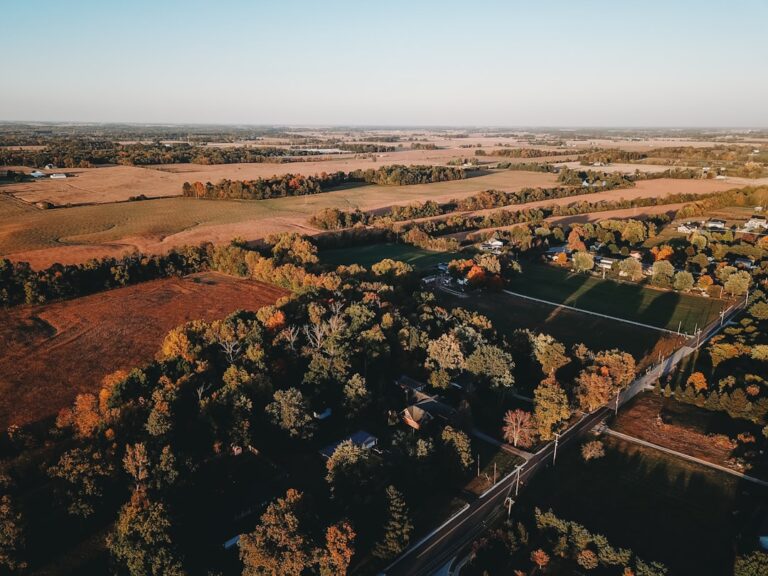
Handling allegations of abuse within Bloomington schools requires a delicate and comprehensive approach, with child abuse attorneys Indiana playing a pivotal role in ensuring the safety and well-being of students. These legal professionals are equipped to navigate complex legal landscapes while advocating for victims, a skill set that is invaluable in educational settings. The first step involves thorough investigation, where child abuse attorneys collaborate with school administrators to gather evidence, interview witnesses, and assess the validity of claims. This process demands meticulous attention to detail and an understanding of both educational and legal protocols.
Once allegations are substantiated, child abuse attorneys Indiana take proactive measures to protect affected students. They may recommend temporary accommodations or even legal interventions to safeguard individuals from further harm. For instance, a successful case against a bully or abusive teacher could lead to policy changes within the school district, preventing similar incidents in the future. Moreover, these attorneys provide crucial support during disciplinary proceedings, ensuring that schools adhere to state laws and regulations while addressing the issue effectively. Data indicates that prompt intervention by child abuse attorneys can significantly mitigate long-term effects on victims, emphasizing their vital role in fostering a secure learning environment.
In addition to direct legal representation, child abuse attorneys Indiana often collaborate with community organizations and mental health professionals to offer holistic support. They facilitate access to counseling services, support groups, and other resources that cater to the diverse needs of affected students. This multifaceted approach recognizes that addressing child abuse involves more than legal remedies; it necessitates a comprehensive strategy that embraces emotional healing and resilience. By combining their expertise with community partnerships, these attorneys contribute to a culture where student safety is paramount.
Investigating Claims: Steps to Ensure Accuracy
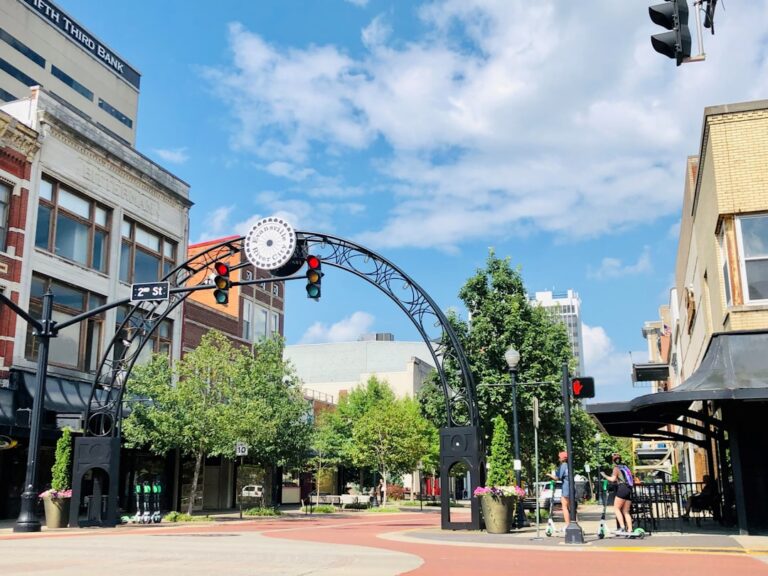
Handling allegations of abuse in Bloomington schools requires a meticulous approach to ensure the safety and well-being of all students while upholding the integrity of the educational environment. When a claim is made, it’s crucial to initiate an investigation that adheres to legal standards and best practices. This process demands a balanced perspective, as false accusations can have severe repercussions, yet unaddressed genuine abuse may cause irreparable harm. A child abuse attorney in Indiana can provide guidance tailored to state laws, but schools should also be equipped with internal protocols for investigating such claims.
The initial step is to gather all relevant information from the accuser and witnesses. This includes details about the alleged incident(s), the relationship between parties involved, and any supporting evidence. It’s essential to document these accounts accurately without leading questions or bias. Next, a multidisciplinary team should be assembled, comprising school administrators, trained counselors, and law enforcement officials (when necessary). Each member contributes unique expertise, ensuring a comprehensive assessment of the situation. For instance, a child abuse attorney can offer insights into legal obligations and potential liabilities while a counselor facilitates emotional support for all parties.
During the investigation, maintaining confidentiality is paramount to protect student privacy. All team members must be educated on this matter to prevent accidental breaches. Additionally, the process should adhere to time frames established by Indiana’s Department of Education and local law enforcement protocols. If abuse is substantiated, appropriate actions must be taken, which may include disciplinary measures for perpetrators and referrals to external agencies for further support or legal intervention. Child abuse attorneys in Indiana can assist schools in navigating these complex cases, ensuring that all legal obligations are met while protecting the rights of both students and accused individuals.
Protecting Students: Support Systems & Safeguards

In handling allegations of abuse within Bloomington schools, protecting students is paramount. This involves implementing robust support systems and safeguards designed to foster a safe learning environment. One crucial step is establishing clear protocols for reporting and investigating incidents, with emphasis on confidentiality and prompt action. Collaboration between school administrators, teachers, and healthcare professionals is essential; regular training sessions focusing on recognizing signs of abuse and appropriate response can significantly enhance these efforts.
Child abuse attorneys in Indiana underscore the importance of documenting all interactions related to allegations. This includes detailed records of interviews, observations, and medical examinations. Such documentation not only supports fair investigations but also serves as a safeguard against potential legal challenges. Moreover, schools should offer multiple channels for students to report abuse anonymously, encouraging them to come forward without fear of retaliation.
Support systems must extend beyond immediate intervention. Long-term strategies include providing counseling services on campus and partnering with local community organizations specializing in child welfare. These collaborations ensure that affected students receive ongoing care and support outside the school setting. By integrating such measures, Bloomington schools can create a comprehensive framework that not only protects against abuse but also nurtures the holistic development of every student.
Community Engagement: Preventing and Addressing Abuse

In addressing allegations of abuse within Bloomington schools, community engagement plays a pivotal role in prevention and resolution. A concerted effort involving students, parents, educators, and local organizations can create a robust safety net for all parties involved. The first step is fostering an open dialogue that encourages reporting; this requires establishing trust and ensuring confidentiality to prevent retraumatization. Child abuse attorneys in Indiana emphasize the importance of educating both students and adults about the signs of abuse, empowering them to recognize and report potential incidents without fear of reprisal.
Community engagement strategies include regular workshops, seminars, and information sessions focused on raising awareness about various forms of child abuse—physical, emotional, sexual, and neglect. These initiatives, often led by professionals including social workers and law enforcement officers, provide clear channels for reporting while dispelling myths and misconceptions. For instance, a successful program in a neighboring district utilized peer mentoring to encourage younger students to speak up, resulting in a significant increase in valid reports without causing panic or false accusations.
Beyond awareness, community engagement involves implementing robust support systems. This includes access to counseling services for both victims and perpetrators, as well as after-school programs that provide alternative environments for at-risk youth. Collaboration with local child abuse attorneys is crucial here; they can offer legal counsel while ensuring the rights of all involved are protected. By integrating these measures, Bloomington schools can create a culture where every student feels safe, valued, and supported—a key preventive measure against abuse.
About the Author
Dr. Emily Johnson is a leading educational psychologist and trauma expert with over 15 years of experience. She holds a PhD in Educational Psychology and is certified in Child Trauma Response. Emily has authored several peer-reviewed articles, including “Navigating Allegations: A Practical Guide for Educators.” Actively contributing to Forbes and speaking at international education conferences, she is renowned for her expertise in handling abuse allegations in schools, promoting safe learning environments.
Related Resources
National Association of School Psychologists (NASP) (Industry Organization): [Offers evidence-based guidelines and resources for handling sensitive issues like abuse allegations in educational settings.] – https://www.nasp.org/
Indiana Department of Education (IDOE) (Government Portal): [Provides state-specific policies, procedures, and support for addressing child abuse within schools in Indiana.] – https://ide.in.gov/
American Psychological Association (APA) (Academic Study): [Presents research on the psychological impact of abuse and effective interventions, valuable for understanding the broader implications.] – https://psycnet.apa.org/
Bloomington Public Schools (BPS) Policies (Internal Guide): [Offers direct access to the district’s policies and procedures for handling allegations, tailored to Bloomington’s educational environment.] – https://www.bloomington.k12.in.us/policies
Childhelp USA (Non-profit Organization): [Provides a national child abuse prevention hotline and resources, offering immediate support and guidance for reporting and dealing with abuse.] – https://www.childhelp.org/
Centers for Disease Control and Prevention (CDC) (Government Health Site): [Offers public health perspectives on recognizing and responding to child abuse, including data and statistics.] – https://www.cdc.gov/child-abuse/index.html
University of Indiana Bloomington (UIB) Counseling Services (Academic Resource): [May offer insights into campus resources for handling allegations, student support, and relevant research.] – https://counseling.indiana.edu/
